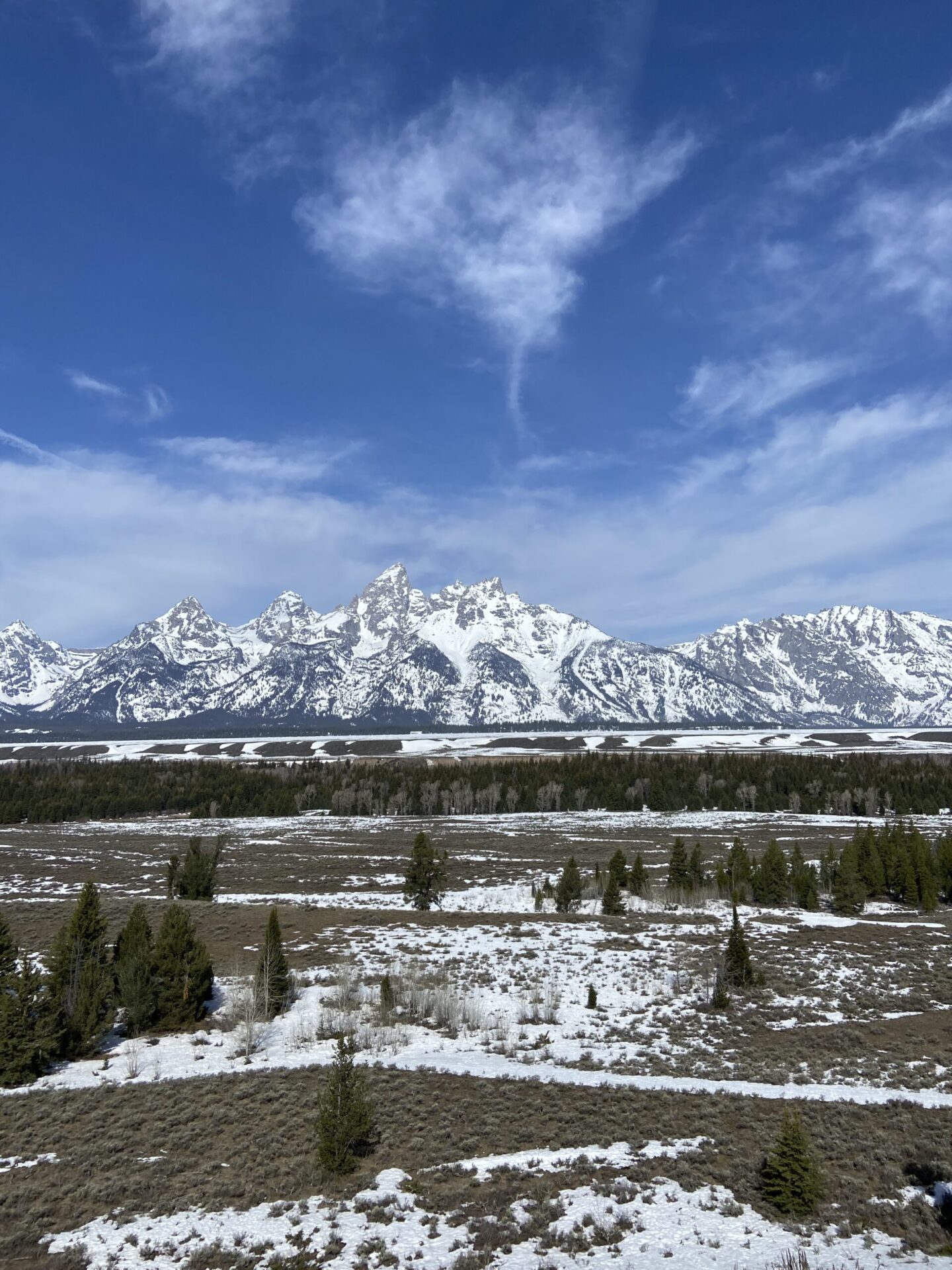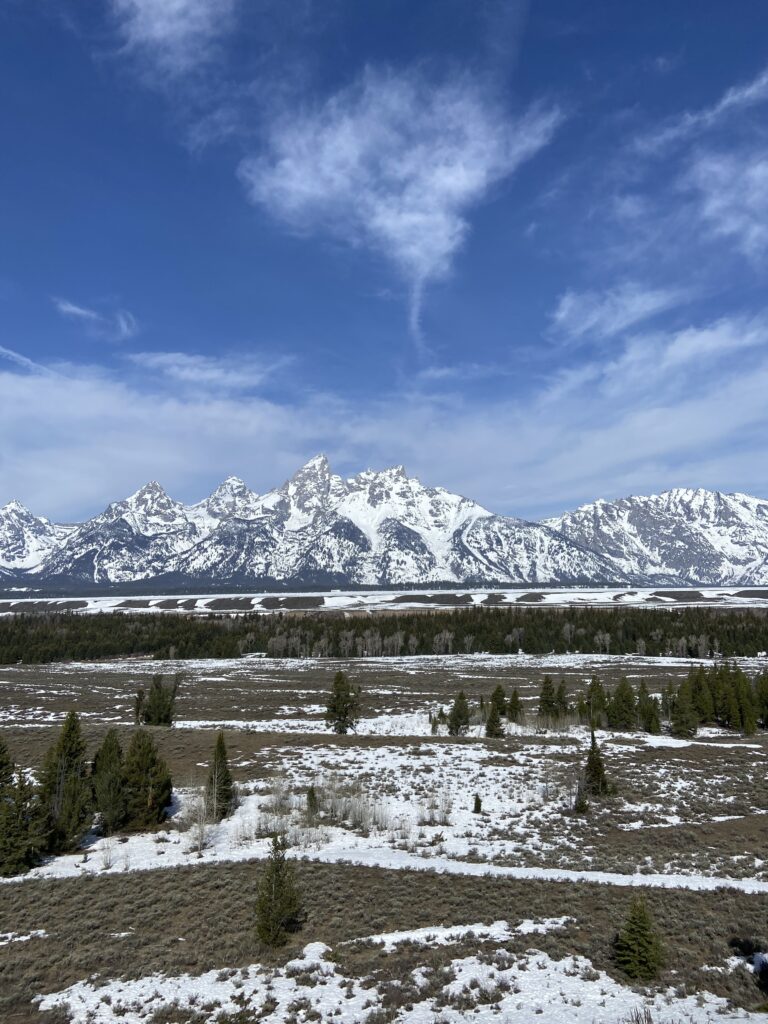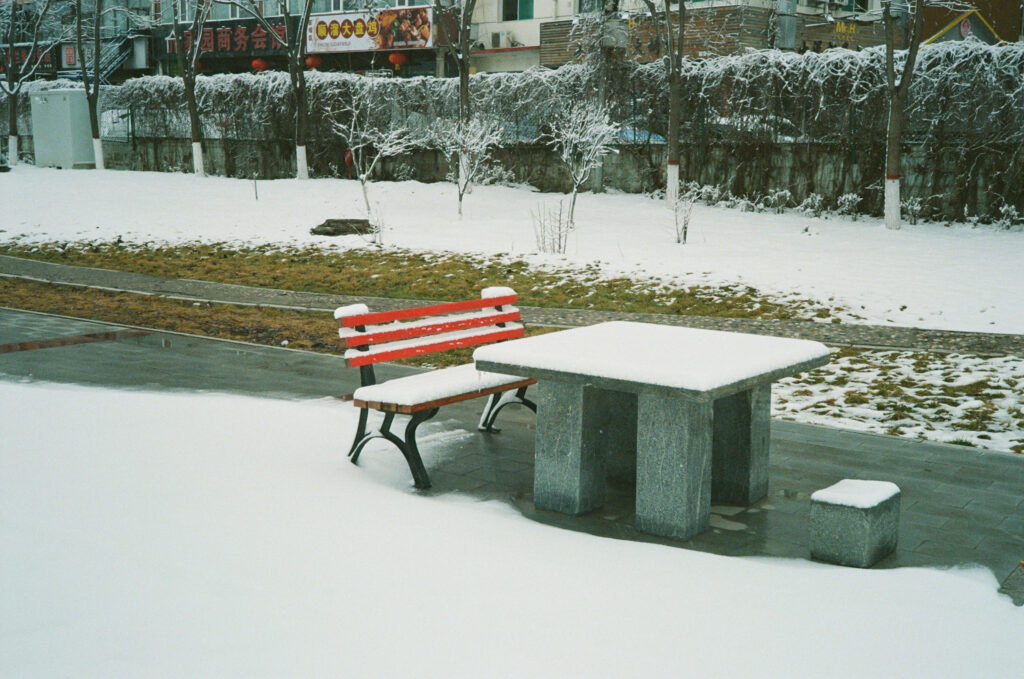Are you uncertain whether to leave your above ground pool full or empty during the winter season? Many pool owners ponder this question each year, contemplating the best course of action to preserve their pool’s integrity. In this article, we will discuss the pros and cons of leaving your above ground pool full during winter, shedding light on the factors that may influence your decision-making process. By understanding the potential benefits and drawbacks, you can make an informed choice that ensures the long-lasting health and longevity of your pool.
This image is property of images.pexels.com.
Possible risks of leaving your above ground pool full for winter
Leaving your above ground pool full for winter may come with some potential risks. One of the main concerns is the risk of damage due to freezing temperatures. As winter sets in, the water in your pool can freeze, which may put stress on the pool walls and lining. This can lead to cracks or tears, resulting in costly repairs or even the need for a replacement pool. Additionally, leaving the pool full during winter can increase the chances of algae growth and bacterial buildup if the water is not properly balanced and treated. This can make the spring reopening process more challenging and time-consuming.
Benefits of leaving your above ground pool full for winter
Despite the risks, there are also several benefits to leaving your above ground pool full for winter. One of the main advantages is the preservation of the pool structure. By keeping the pool full, you maintain the weight and pressure that the pool walls are designed to handle, reducing the risk of damage caused by shifting or collapsing. Moreover, an adequately covered and maintained pool can help prevent debris from accumulating in the pool during winter, saving you time and effort on cleaning and maintenance tasks when the pool is reopened in the spring.
Preparing your pool for winter
Preparing your above ground pool for winter involves several important steps to ensure its safety and longevity. Let’s take a look at each one:
Cleaning the pool
Before winterizing your pool, it is crucial to give it a thorough cleaning. Remove all leaves, debris, and any other foreign materials from the pool water. Brush the sides and vacuum the bottom to eliminate any dirt or algae that may have accumulated. This step is important to prevent any debris from decomposing in the pool and potentially causing water quality issues.
Balancing the water chemistry
Maintaining proper water chemistry is important throughout the year, including winter. Before closing your pool, make sure to test and balance the water chemistry. Adjust the pH, alkalinity, and sanitizer levels as recommended by your pool manufacturer or a professional. This will help prevent any issues such as algae growth or chemical imbalances during the winter months.
Covering the pool
Invest in a high-quality pool cover specifically designed for winter use. A sturdy cover will not only keep debris out but also provide protection against harsh weather conditions. Make sure the cover is securely fastened and fits tightly over the pool. This will prevent wind from getting underneath and potentially damaging the cover or the pool.
Winterizing the filtration system
Properly winterize your pool’s filtration system to prevent damage from freezing temperatures. This typically involves draining the water from the pump, filter, and heater, if applicable. It is recommended to consult the manufacturer’s instructions or seek professional assistance to ensure the correct procedure is followed. By winterizing the filtration system, you reduce the risk of damage caused by ice expansion and save on potential repairs or replacements in the spring.
The effect of winter weather on your pool
Winter weather can have a significant impact on your above ground pool. Freezing temperatures can cause the water in the pool to freeze, leading to potentially serious damage. When water freezes, it expands and puts pressure on the pool walls and lining. This pressure can lead to cracks or tears, compromising the structural integrity of the pool. The weight of snow and ice can also add stress to the pool and its components, increasing the risk of damage. It is essential to take the necessary precautions and properly maintain your pool during winter to mitigate these potential risks.
This image is property of images.pexels.com.
Can the pool freeze and cause damage?
Yes, if not properly protected and maintained, your pool can freeze and cause significant damage. When the water in your pool freezes, it expands and exerts pressure on the pool walls and liner. This pressure can result in cracks or tears, which can be costly to repair. Additionally, the weight of ice and snow accumulation on the pool cover can add additional stress to the pool structure. Regular monitoring and maintenance throughout the winter season are essential to prevent freezing and minimize the risk of damage to your above ground pool.
The cost of leaving your pool full for winter
Leaving your pool full for winter may have financial implications. While it is generally more cost-effective to leave the pool full, repairs or replacements resulting from damage caused by freezing weather can be expensive. The cost of repairing cracks or tears in the pool walls or liner, as well as replacing damaged components, can add up quickly. Additionally, if the water chemistry is not properly balanced and treated, the pool may require extensive cleaning and treatment come spring, which can also incur extra costs. Considering the potential risks and associated expenses, it is important to evaluate whether leaving your pool full for winter is the most cost-effective option for you.
This image is property of images.pexels.com.
Maintenance required during winter
While your above ground pool is closed for winter, it still requires ongoing maintenance to ensure its safety and longevity. Here are the key areas to focus on during the winter months:
Regularly checking the pool cover
Periodically inspect the pool cover throughout the winter season. Remove any debris or excess water that may have accumulated on the cover. Check for any tears or damage and ensure the cover is securely fastened. Taking these steps will help maintain the integrity of the cover and prevent any potential issues caused by debris or improper fit.
Removing snow and ice buildup
After heavy snowfall or ice accumulation, it is important to remove excess weight from the pool cover. Use a pool brush or a broom with a long handle to gently remove snow from the cover. Avoid using sharp or heavy tools that may puncture or damage the cover. Similarly, carefully remove any ice buildup to prevent additional stress on the pool structure.
Monitoring water levels
Regularly check the water levels in your pool during winter. Excessive evaporation or water loss can lead to imbalances, potentially resulting in damage or the need for costly chemical corrections in the spring. If necessary, add water to maintain the recommended level. Keep in mind that it is essential to shut off and drain the water supply lines to prevent freezing and potential damage.
Alternatives to leaving your pool full for winter
If you are concerned about the risks associated with leaving your above ground pool full for winter, there are a couple of alternatives to consider:
Draining the pool completely
One option is to drain the pool completely for the winter. This removes the risk of freezing and potential damage to the pool structure. However, completely draining the pool requires proper winterization and storage of the pool components, such as the pump, filter, and ladder. It is crucial to follow the manufacturer’s instructions or seek professional assistance to ensure the correct procedure is followed. Keep in mind that refilling and reopening the pool in the spring will require additional time and effort.
Using pool antifreeze
Another alternative is to use pool antifreeze to protect your above ground pool during winter. Pool antifreeze is specifically designed to lower the freezing point of the pool water, reducing the risk of damage caused by freezing temperatures. The antifreeze is added to the water, and the pool is closed and covered as usual. While this method can be effective in preventing freezing, it is important to select a product specifically formulated for pools and to follow the manufacturer’s instructions carefully.
Considerations for specific pool types
The type of above ground pool you own may influence the specific precautions you need to take during winter. Here are some considerations for different pool types:
Vinyl above ground pools
Vinyl above ground pools are generally more susceptible to damage from freezing temperatures due to their flexible nature. It is crucial to ensure proper water balance and treatment to minimize the risk of algae growth or staining. Additionally, using a high-quality winter cover designed for vinyl pools can provide additional protection against ice and snow buildup. Regularly inspect the pool liner for any signs of damage or wear, and address any issues promptly to avoid further complications.
Fiberglass above ground pools
Fiberglass above ground pools are constructed from a durable material that is less susceptible to damage from freezing temperatures compared to vinyl or steel pools. However, it is still essential to winterize the pool properly and maintain appropriate water chemistry. Ensure the pool is covered securely, and regularly inspect the cover for any signs of damage or excess weight. Monitor the pool throughout winter and address any concerns promptly to protect the longevity of your fiberglass pool.
Steel above ground pools
Steel above ground pools typically have a strong and stable structure that can withstand freezing temperatures. However, they still require proper winterization to prevent potential damage. Thoroughly clean and balance the pool water before closing it for winter. Use a durable and properly fitted winter cover to protect against debris, ice, and snow accumulation. Regularly inspect the cover and pool structure for any signs of damage or corrosion, and address any issues accordingly.
Conclusion
Deciding whether to leave your above ground pool full for winter is a personal choice that requires careful consideration of the potential risks and benefits. By following the necessary steps to prepare your pool for winter, conducting regular maintenance throughout the season, and taking into account the specific considerations for your pool type, you can help minimize the risk of damage and enjoy a hassle-free spring reopening. Ultimately, it is important to weigh the costs and effort involved in leaving the pool full against the potential risks and expenses associated with repairs or replacements resulting from freezing weather.






